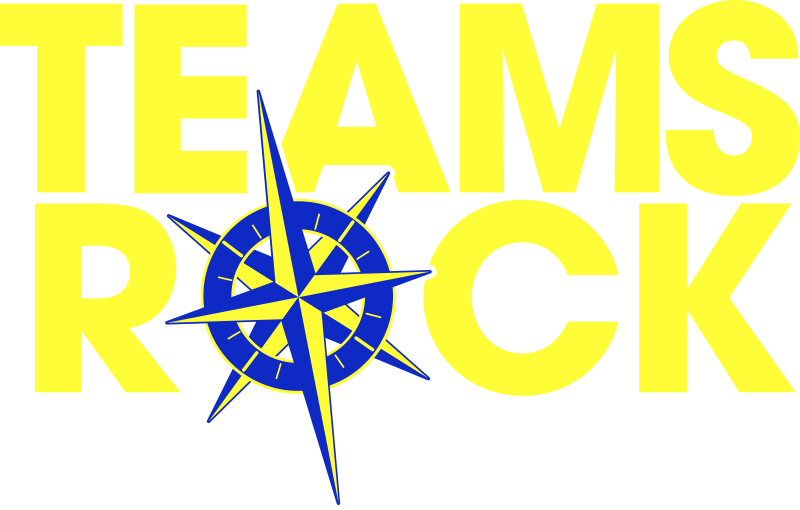This teamwork skill is easier to achieve than you might think!
Whether you are in a leadership capacity or are a front-line employee, think about the best team you ever worked on. What was it like?
 Did you work hard? Was there a lot of work to do? Did you have fun? How often did you see the leader? If you were the leader, how often were you in front of the team? What about some of the traits that existed on that team?
Did you work hard? Was there a lot of work to do? Did you have fun? How often did you see the leader? If you were the leader, how often were you in front of the team? What about some of the traits that existed on that team?
Now, do the same thing for the worst team you ever worked on. Ask yourself the same questions.
When you look at the vast difference in these two teams, what comes to mind? In many cases, it is the fact that members did not trust each other on the worst team. There was animosity among members and loyalty was nonexistent.
There are several strategies that can be utilized among team members to increase team trust and build loyalty. One of the greatest is recognition and appreciation. There is a myth that all motivation and recognition must come from management. WRONG!!
First, motivation comes from within. A couple of years ago, my wife and I were out to dinner with friends. While at the restaurant, a co-worker of Alan’s (one of our friends) came over to say hello. When Alan introduced us, I was introduced to her as Gregg Gregory, a motivational speaker. The woman immediately said, “Motivate me.” My response was, “I can’t.” She was taken aback by my directness. I followed up with, “Motivation must come from within; all I can do is to assist you in locating what it is that motivates you, and then allow you to motivate yourself.”
This concept is also true in today’s workforce. We cannot motivate anyone else. All we can do is to recognize people for their accomplishments. When we do this, something inside of them is triggered and they begin to perform better. Is that motivation? Maybe. Just remember, they brought it on themselves.
So, how do we recognize and appreciate without sounding like a suck up? Follow these simple steps and you will begin to see the difference between the best and the worst teams you ever worked on.
- Simply say thank you. I know this sounds incredibly simple and guess what? IT IS!! Yet so many of us fail to take the time to say thanks to a co-worker for anything. My father’s old school philosophy was quite simple, “I’m not here to kiss someone’s *** but to get them to do the job they were hired to do in the first place; just sit down, shut up and work.”
- Communicate clearly. This does not mean to “dumb it down” but, make sure you are communicating in a clear manner. Ask questions to gain clarity. If you are talking with a co-worker about a project you are working on, it is natural for you to be in a different place than they are. If you are not providing sufficient background to bring them up to speed, then communication is lacking and trust is quickly lost.
- Focus on what’s in it for them. Regardless of what the task is, the more you can focus on your team members, the better performance will be. As performance increases, you will be viewed as loyal to them and the trust will only get stronger. When you focus on them, they begin to feel important and they believe in you. Now, you cannot do this only when something is in it for you or with an ulterior motive. This philosophy must be used throughout the team, and as a way of life.
- Always live up to your end of the agreement. Integrity is crucial. Someone once defined integrity as doing what you say you’re going to do, when you say you’re going to do it, when no one is watching. When co-workers see you doing what you say, they take notice.
Now, here comes the secret to building this throughout the team: everyone must follow these steps. By doing so, no one second guesses anyone, and the trust is there throughout the team. Loyalty is now in place and a cooperative team has been designed that will produce great results.


Leave A Comment